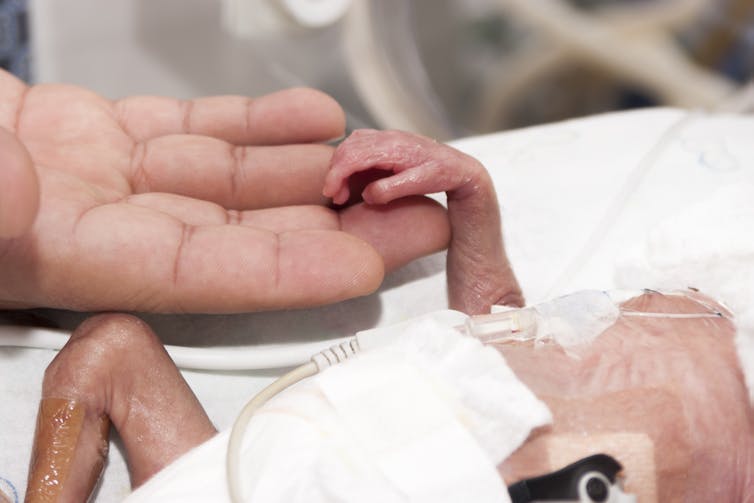We Should Vaccinate Children in High-income Countries Against COVID-19, Too
Written by Lisa Forsberg, Anthony Skelton, Isra Black
In early September, children in England, Wales and Northern Ireland are set to return to school. (Scottish schoolchildren have already returned.) Most will not be vaccinated, and there will be few, if any, measures in place protecting them from COVID-19 infection. The Joint Committee on Vaccination and Immunisation (JCVI) have belatedly changed their minds about vaccinating 16- and 17-year olds against COVID-19, but they still oppose recommending vaccination for 12-15 year olds. This is despite considerable criticism from public health experts (here, here, and here), and despite the UK’s Medicines and Healthcare products Regulatory Agency (MHRA) declaring COVID-19 vaccines safe and effective for children aged 12 and up—Pfizer/BioNTech in the beginning of June, and Moderna the other week.
In Sweden, children returned to school in the middle of August. As in the UK, children under 16 will be unvaccinated, and there will be few or no protective measures, such as improved ventilation, systematic testing, isolation of confirmed cases, and masking. Like the JCVI in the UK, Sweden’s Folkhälsomyndigheten opposes vaccination against COVID-19 for the under-16s, despite Sweden’s medical regulatory authority, Läkemedelsverket, having approved the Pfizer and Moderna vaccines for children from the age of 12. The European Medicines Agency approved Pfizer and Moderna in May and July respectively, declaring that any risks of vaccine side-effects are outweighed by the benefits for this age group.
Read More »We Should Vaccinate Children in High-income Countries Against COVID-19, Too

